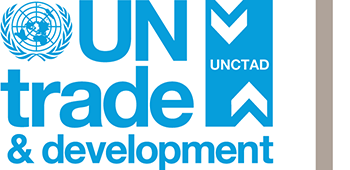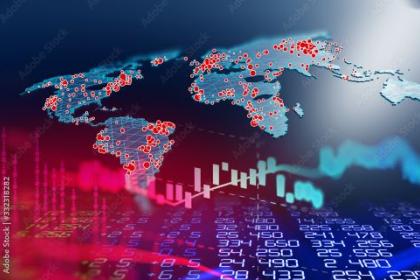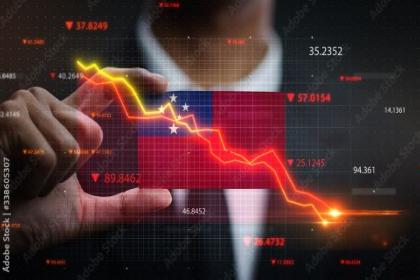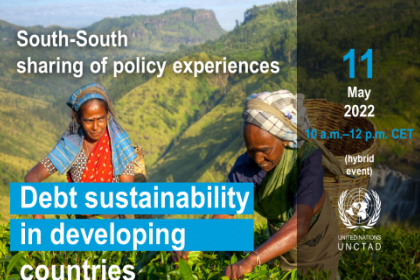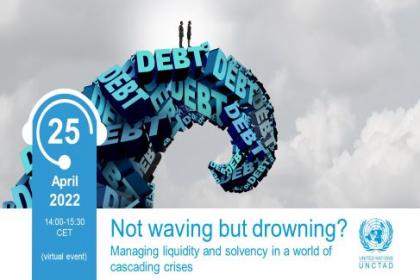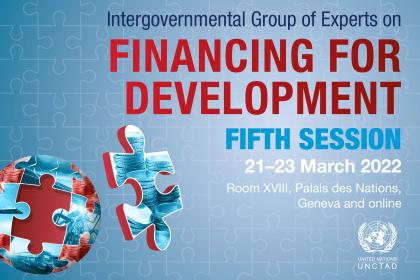- Home
- Upcoming Activities
Upcoming Activities
There are no upcoming activities.
Previous Activities
10.00-12.30 and 14.30-17.00 Central European Time (CET), Virtual event
This meeting will discuss policy options and recommendations to respond to and recover from external shocks, including the COVID-19 pandemic; demonstrate key policy tools and research findings of the project; and open a dialogue among policy makers and experts from different regions to share their experiences and learnings.
9.30 – 13.30 Bangkok time
The aim of this conference is to present, discuss and learn from the findings of the ESCAP Macroeconomic Model as well as the tools and policy assessments conducted by ESCAP project partners with countries in Asia and the Pacific.
9:30 AM -1:00 PM Samoa Time [UTC+13]
This capacity-building workshop, being conducted by UNESCAP in collaboration with KVA Consult, is intended for policymakers, practitioners and interested parties to: (i) Explore policy options for a fiscally sustainable path to recovery in the post-pandemic period and (ii) Present ESCAP's Macroeconomic Model and its relevance to ensuring informed data-driven sustainable macroeconomic policy choices.
15.00-18.30 CET, Virtually
The United Nations Conference on Trade and development (UNCTAD) and the Economic Commission for Latin America and the Caribbean (ECLAC) will host a workshop entitled: “The role of innovative financing instruments to build forward better in Latin America and the Caribbean " which will take place virtually on the 19h and 20th of May. The purpose of the workshop is to discuss the potential use and applicability of innovative financing instruments in the Latin American and Caribbean region to bridge the liquidity gap faced by the region and improve its debt sustainability.
10.00-12.00 CET
The hybrid meeting will bring together policymakers and experts from developing countries to discuss and share their policy experiences in the area of debt sustainability; particularly from the perspective of the UNCTAD Sustainable Development Finance Assessment (SDFA) framework which provides policy makers with an assessment of their external and public sector financial needs against the need to achieve or maintain external debt and public sector sustainability.
14.00-15.30 CET, Virtual Event
This is a webinar organized by UNCTAD, in collaboration with the Boston University and the Freie Universität Berlin. The webinar provides an opportunity to showcase the Global Financial Safety Net (GFSN) tracker with emphasis on the relative importance of the different liquidity options and the income-group profile during the COVID-19 pandemic. The workshop brings together experts on the GFSN, representatives of member countries, policymakers and central bankers from beneficiary countries.
14.00-15.30 Geneva time, Virtual Event
This side event of the UN ECOSOC Financing for Development Forum will present and discuss the latest outputs linked to two tools: the Global Financial Safety Net Tracker and the Sustainable Development Finance Assessment framework, to help developing countries frame their responses in an unstable and uncertain international environment.
The causes and widespread negative effects of the global financial and economic crisis prompted UNCTAD to launch an initiative in 2009 to promote responsible sovereign lending and borrowing practices. The purpose of UNCTAD’s initiative is to provide a forum for debate on responsible practices and to develop a set of commonly accepted principles and practices relating to sovereign debt.
The fifth session of the Intergovernmental Group of Experts on Financing for Development will be held from 21 to 23 March 2022 both virtually and at the Palais des Nations, Geneva. The discussions at the session will address the following topic: "Financing for development: Mobilizing sustainable development finance beyond Covid-19".
14:00 - 15:30 hrs - Virtual
This webinar aims to provide an open and realistic discussion among policy-makers and scholars about economic policy alternatives ahead, as well as
an exploration of the possibilities to strengthen mechanisms for global and regional coordination, especially South-South cooperation, which could serve as the basis for policy action by developing countries operating in an uneven world economy.
